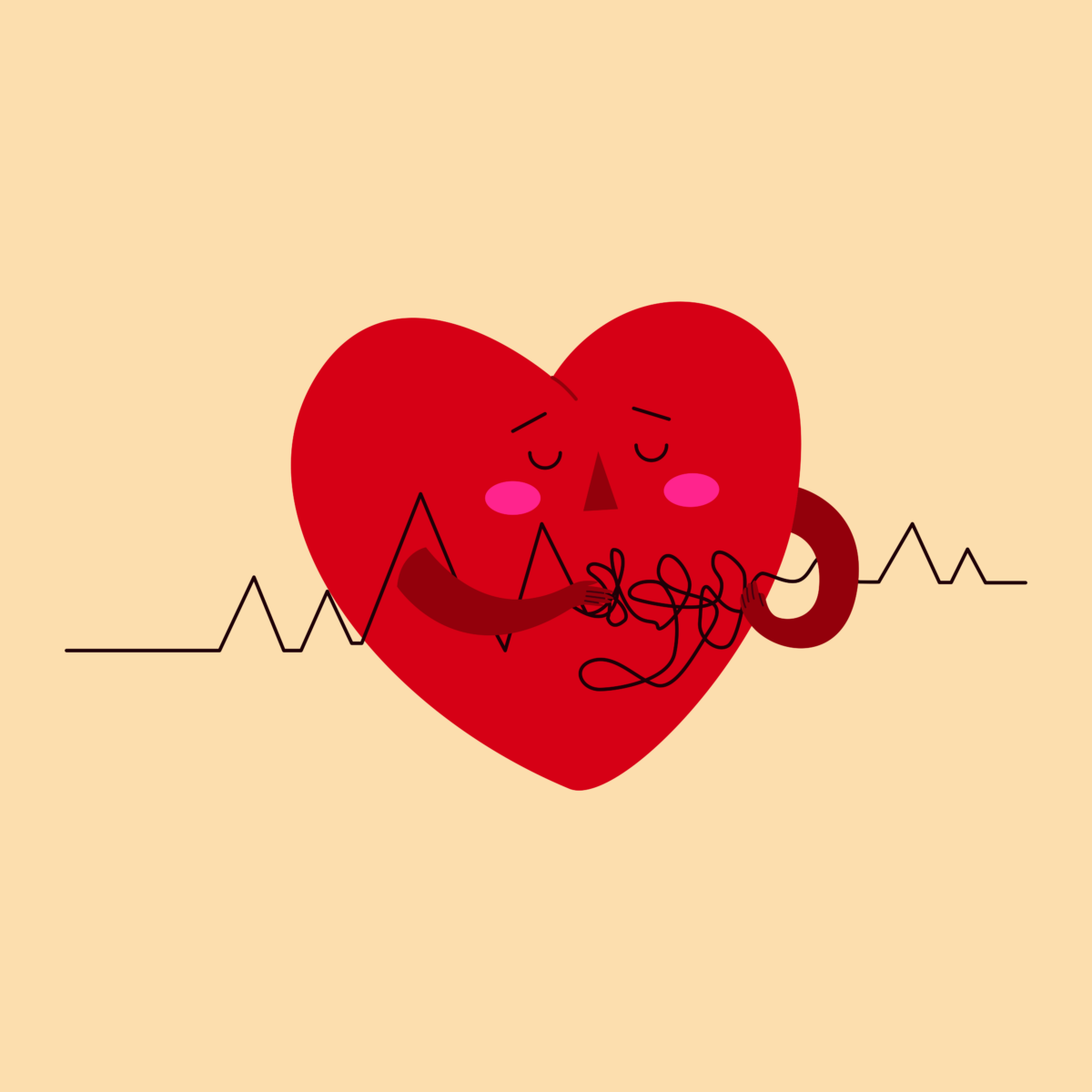Have you ever felt your heart flutter, race, or skip a beat unexpectedly? These sensations, often called heart palpitations, can be startling. While they’re usually harmless, they may sometimes signal underlying health issues. Understanding the causes and when to seek medical advice is key to staying heart-healthy. What Are Heart Palpitations? Heart palpitations are feelings of your heart racing, pounding, …
Navigating Depression and Loneliness During the Holidays: A Guide to Finding Joy
The holidays, often painted as a season of joy and togetherness, can feel daunting for those battling depression and loneliness. The pressure to be merry and the expectation of being surrounded by loved ones can intensify feelings of isolation. If you’re feeling this way, know that you’re not alone, and there are ways to cope while finding pockets of peace …
How to Choose Healthy Food During the Holidays
Food and entertainment take center stage during the holidays. In fact, Delish magazine reports that Christmas food consumption is one of the most indulgent times of the year for Americans, ranking just behind Thanksgiving and Super Bowl Sunday. A single Christmas meal can easily clock in at 3,000 calories—and that’s without counting the tempting snacks and treats consumed throughout the …
Can I Prevent Heart Disease?
Cardiovascular disease (CVD) is the broad term for a group of diseases that typically coexist within a person and are interrelated. Examples include: About 1 in 3 Americans has at least one type of CVD. Prevention is the best treatment because CVD kills more people than cancer, accidents, and chronic lower respiratory diseases combined. CVD risk factors are a mix …
Worry vs Anxiety: What’s the Difference?
Have you ever worried about leaving the iron on or forgetting to lock your car? Or do you worry about not finishing a task on time? Or worry that your job was in jeopardy? Everyone experiences these feelings from time to time. Worry and anxiety, are a part of the human experience and can be big or small. Everyone experiences …
Scare Off Unhealthy Habits
Halloween is a time for costumes, spooky decorations and sweet treats, but for those watching their heart health, it can feel like a haunted house of unhealthy choices. With sugar overload and calorie-packed snacks, your cardiovascular system can take a hit. But fear not! With a little planning (and perhaps a dash of willpower), you can enjoy the festivities while …
How Sleep Apnea Affects Your Blood Pressure
Did you know that sleep apnea and high blood pressure often go hand in hand? Many people are unaware that poor sleep could be a key reason behind elevated blood pressure, which puts extra strain on your heart and body. If you’ve been diagnosed with hypertension or think you might have sleep apnea, this is something you’ll want to pay …
Connection Between Migraines and Sleep Apnea
At Cardiogram, we understand that sleep health is intricately connected to various aspects of our well-being. One intriguing area of study is the relationship between migraines and obstructive sleep apnea (OSA). Both conditions are prevalent and can significantly impact quality of life. But how exactly do they relate to each other? Let’s dive into the latest research to uncover this …
Enjoy Life with a Healthy Mind-Avoid Dementia
Dementia is a condition that affects millions of people worldwide, with symptoms ranging from memory loss to impaired thinking, affecting daily life. While age is the strongest risk factor for dementia, it is not an inevitable part of aging. Fortunately, research shows that lifestyle choices can significantly reduce the risk. Whether you’re in your 20s, 40s, or 60s, taking steps …
Keep a Current Medication List
Maintaining an up-to-date medication list is crucial for managing your health effectively. Whether you take medications for chronic conditions, temporary ailments, or preventive care, having an accurate record of all your medications can significantly enhance your healthcare experience. This simple practice can prevent medication errors, improve communication with healthcare providers, and ensure you receive the most appropriate and effective treatments. …










